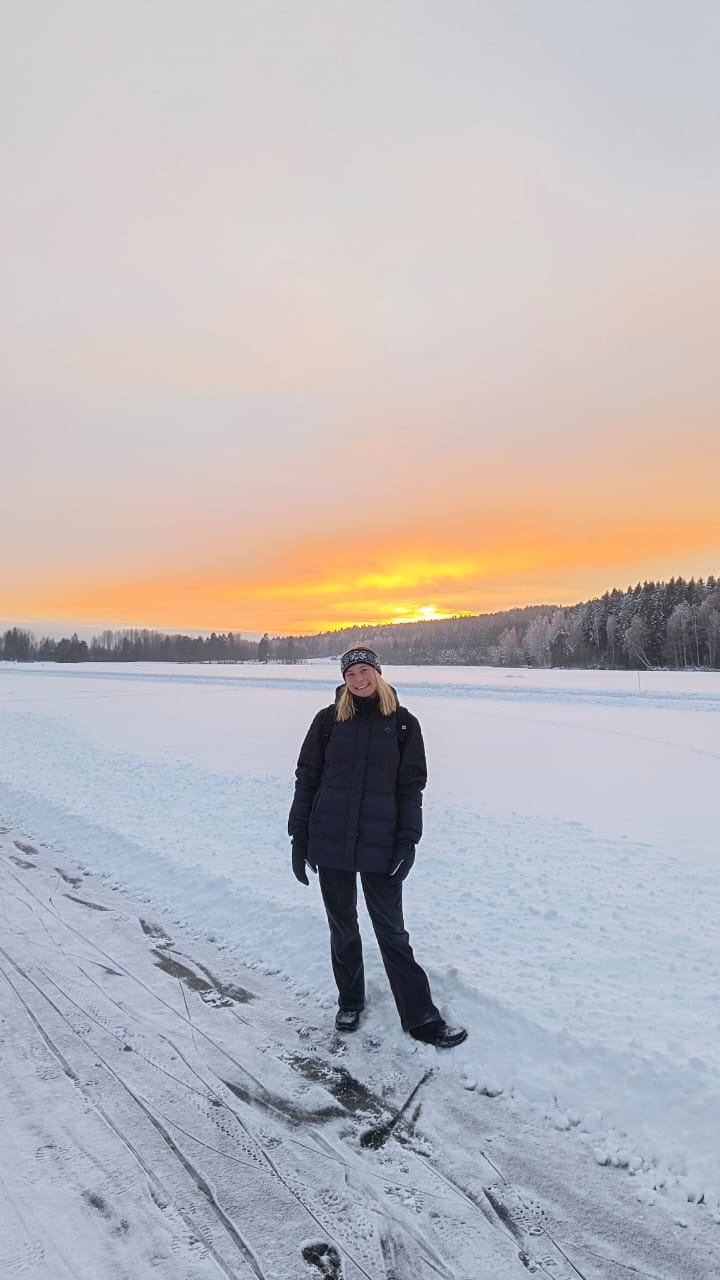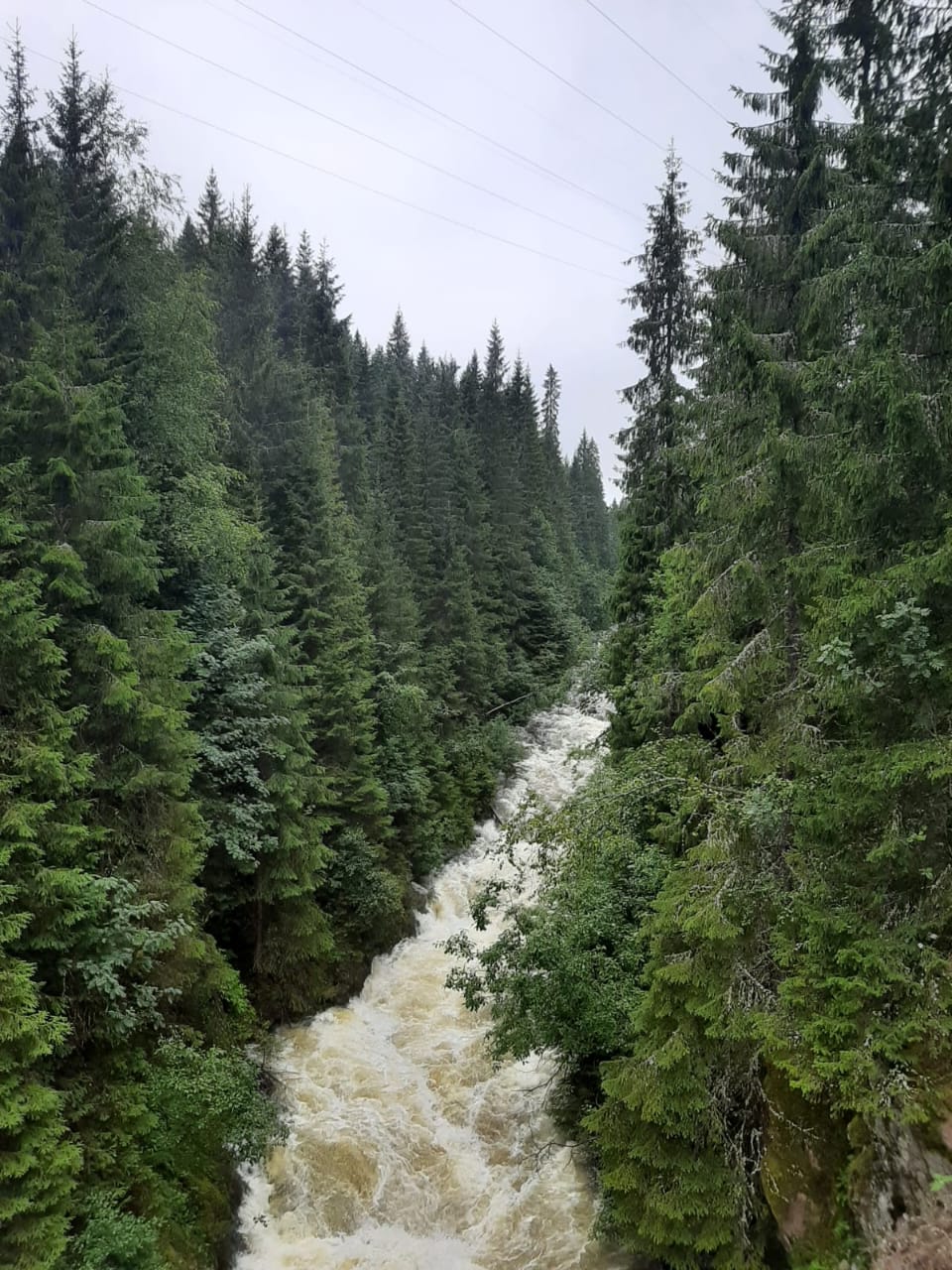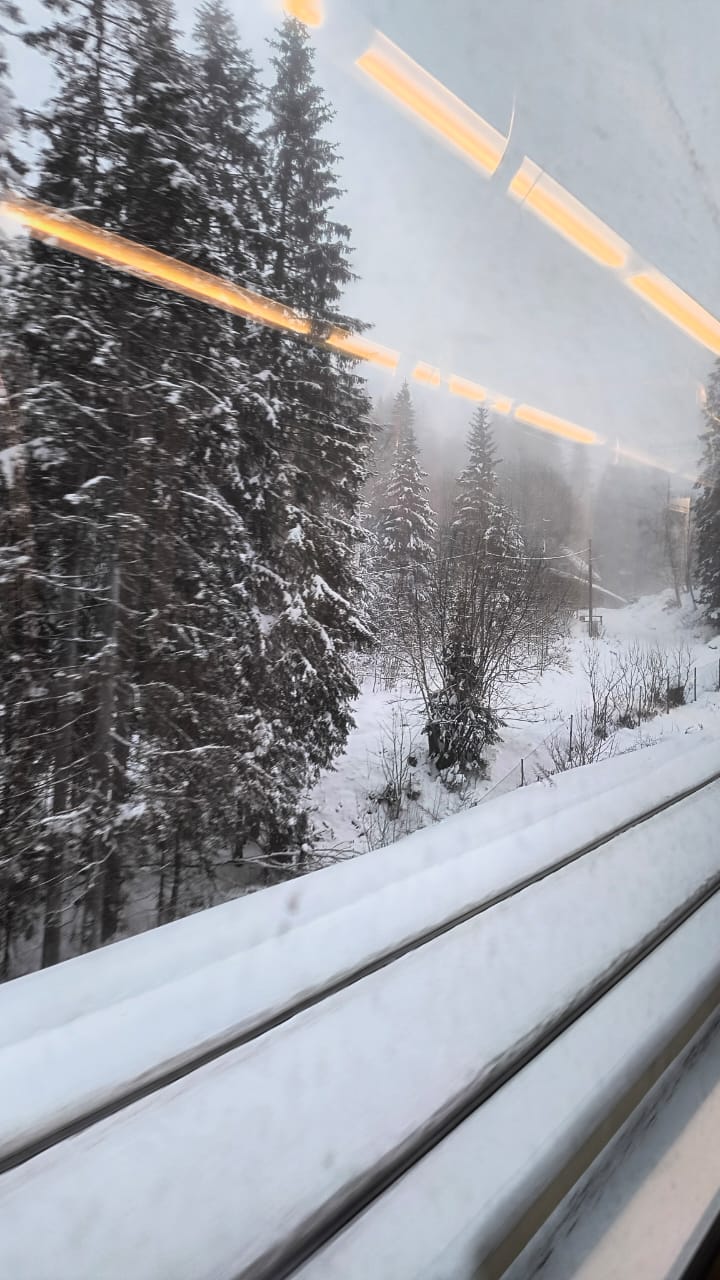Skye Breeze Petser
Chinese Hons Student
Semester Exchange in the Second Semester, 2023 at Xiamen University
Pre-departure:
I won’t sugarcoat it, the months leading up to my departure were rough. There were a lot of problems with my registration to the host university, but I was lucky enough to fight through it all with a fellow classmate who had also chosen Xiamen University. I had chosen Xiamen over the more popular choice of Beijing because I wanted to be closer to the sea and not directly in the middle of a busy and massive city (I’m not much of a city person). I did, however, find out that I would be on Xiang’an campus and not Siming campus which needs to be stated. The visa application was a process because we had to wait for our acceptance documents to arrive from China, but they had been sent through the post and only arrived two weeks before we left during a taxi strike. My nerves were shot by the time I was sitting on the plane. Between booking flights, getting my visa and online registration I was ready to make the most out of my exchange. It was my first time leaving the country and I was so excited to experience what was to come.

Skye with a fellow Hons student from Stellies.
Experience at the Host University:
Unlike the months before I arrived, my experience in China was amazing. I will say the registration and the first few weeks was difficult for us all. I had to run around with fellow students, during a typhoon, to finalise our registration and various other odds and ends. We were trying to get our student cards, SIM cards and bank cards sorted while also figuring out exactly what was going on.
Something that I had to get used to in China was the fact that you use an app called Alipay to pay for everything. Many people also use WeChat pay, but a lot of us exchange students couldn’t access WeChat pay, though this wasn’t a problem because you can get by with using Alipay. China also has tons of apps. There is an app for everything, such as buying electricity and using the washing machines in the dorms, selecting food while at a restaurant or even for public transport.
It took some getting used to how things worked in China, but it was worth it. Using the metro system or the buses to travel around made transport convenient and affordable. I was able to travel with friends wherever we wanted to go, and it would always cost us around R5 to R20. My friends couldn’t understand why I was so excited about being able to use public transport, but it was amazing to see the possibilities of what could be in my own country.
The actual experiences I had at Xiamen University were endless. I met the most amazing people there, from the girls living in my dorm (which only cost me around R1000 for the semester), to the fellow students in my classes, to the Chinese students I met through various activities like archery and even to the workers at my favourite little tea shop which was a five-minute walk from my dorm. The people around me made my experience what it was – sure, I attended classes and did every language elective provided, but I learned so much more outside of the classroom than I did inside.
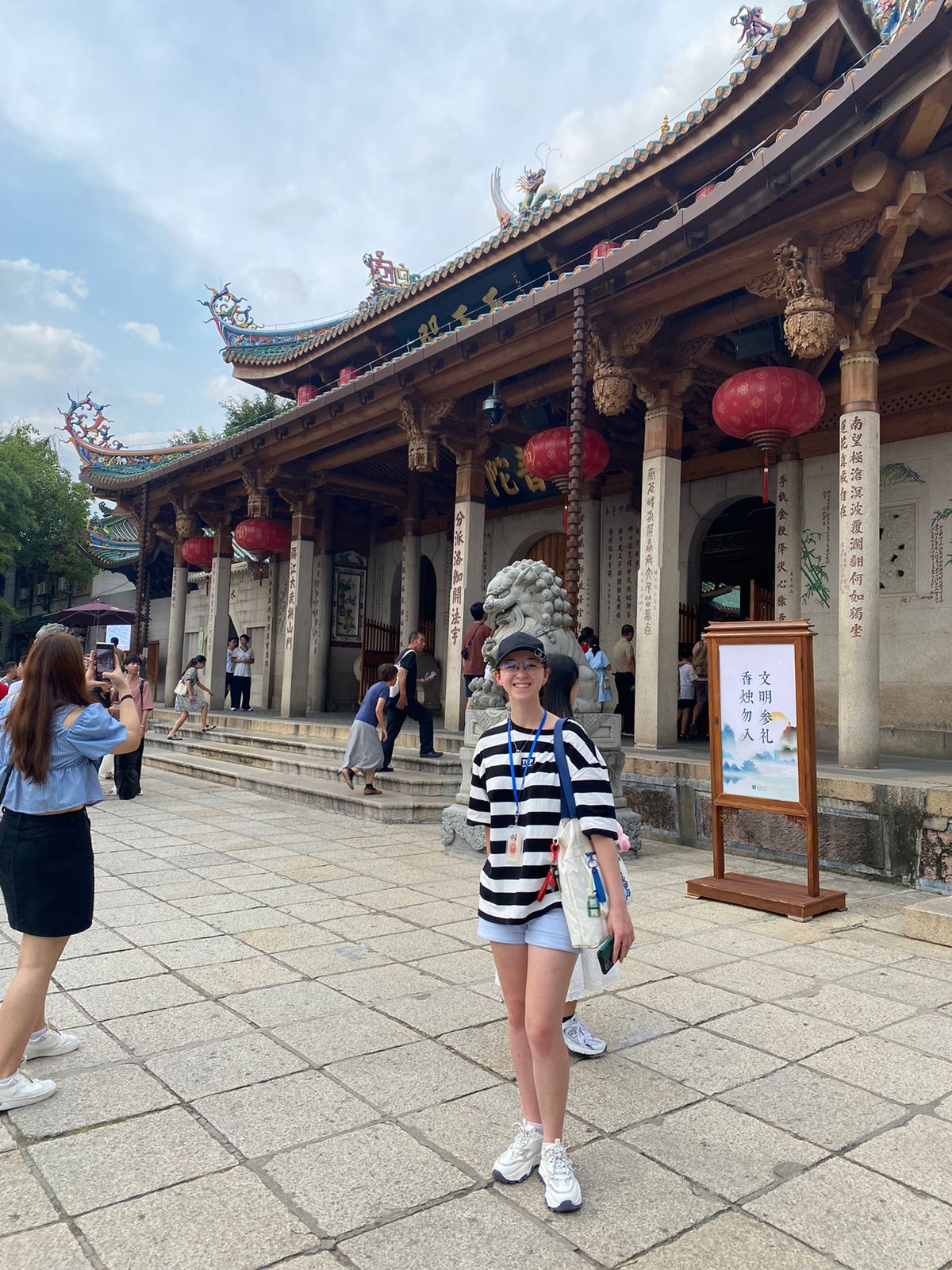
Skye at Nanputuo Temple
I was able to improve my speaking and listening skills in Chinese by talking to locals, as well as learn so much about Chinese culture that I would never have learned from a textbook. I was invited by a close Chinese friend to stay in her family’s home in Quzhou to celebrate her birthday with her while experiencing more intimate parts of Chinese culture. I celebrated birthdays, Christmas and New Years with different nationalities who shared their own traditions and customs. We tried new foods at the street food market outside the campus’s West Gate or Dong Men. We were smoked out of our dorms by a fire drill at 6am and went for karaoke at night. There were Halli Galli tournaments with shop workers as spectators, picture wars where we became like the paparazzi, as well as becoming Santa Claus while giving foreign friends advent calendars and presents for their first-time celebrating Christmas. I even played badminton in the middle of the pavement for three hours against some friends who needed a break from work. I will never forget that I had all of these adventures while laughing so hard that my stomach hurt.
Return to Stellenbosch:
I’ve been back in South Africa exactly two weeks now and my time in China feels like a dream. To be honest, the actual academic part of my exchange barely crosses my mind. What I remember are the people and the things that we did and saw during those five months. The lessons I learned and the parts of myself that I discovered will forever live in my heart. Going on an exchange means getting uncomfortable and trying new things. I would never have experienced half of what I did or met the amazing people I did if I hadn’t taken opportunities and tried new things. My future has opened up and I’m excited to see where I will go. I know that I’m only better off for having gone on this exchange. One day I will return to China but for now the future is a blank canvas.

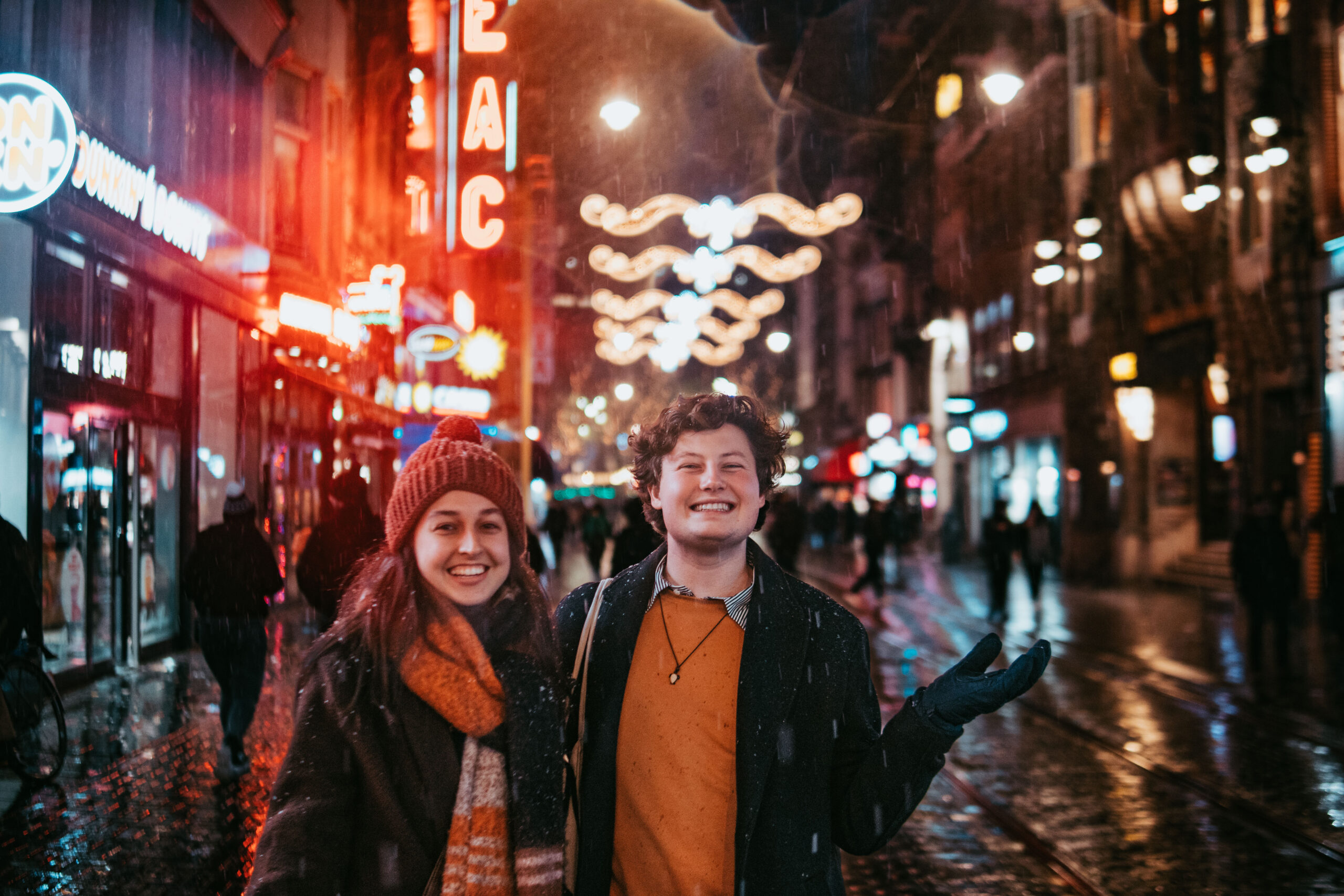
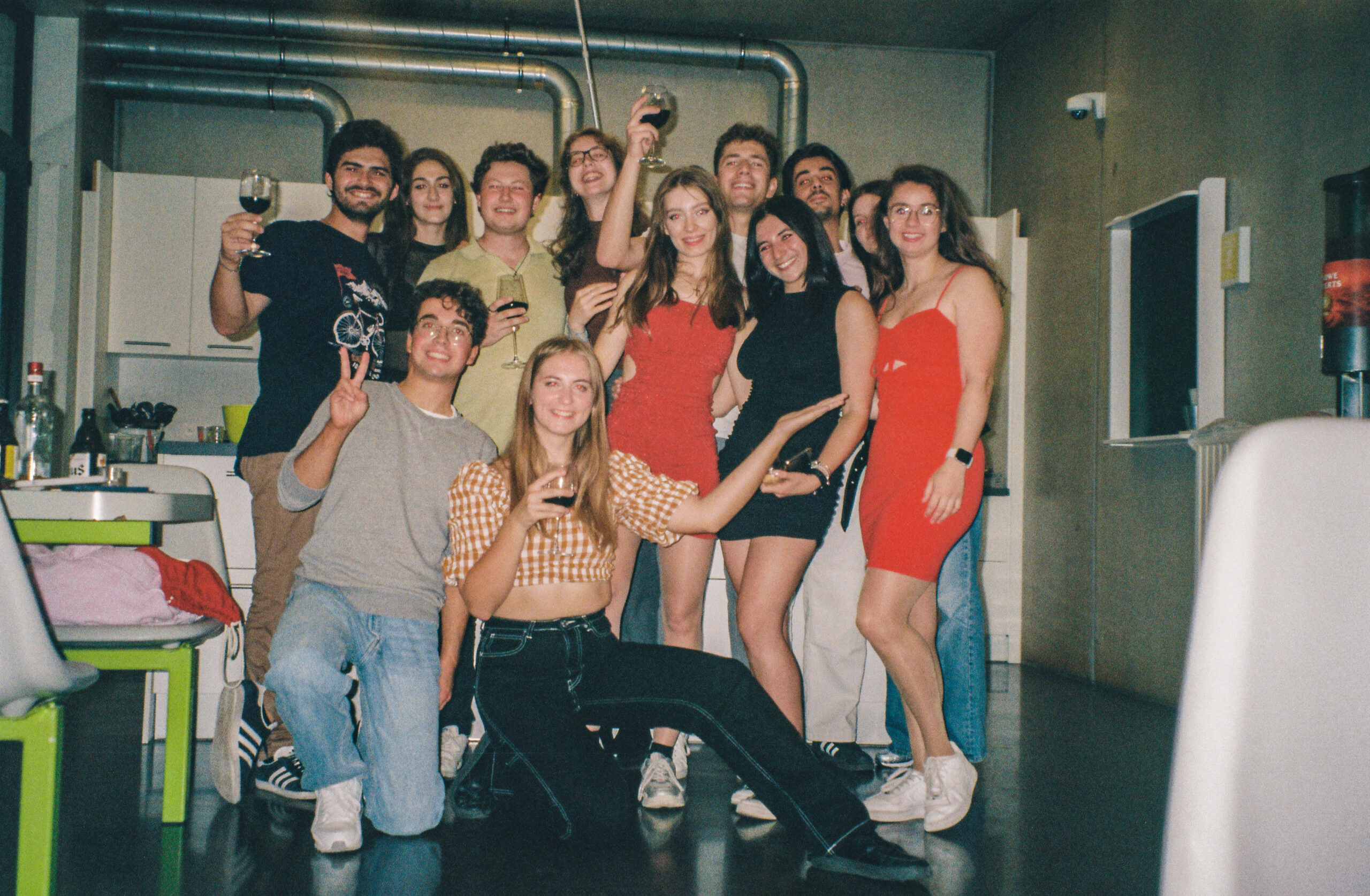

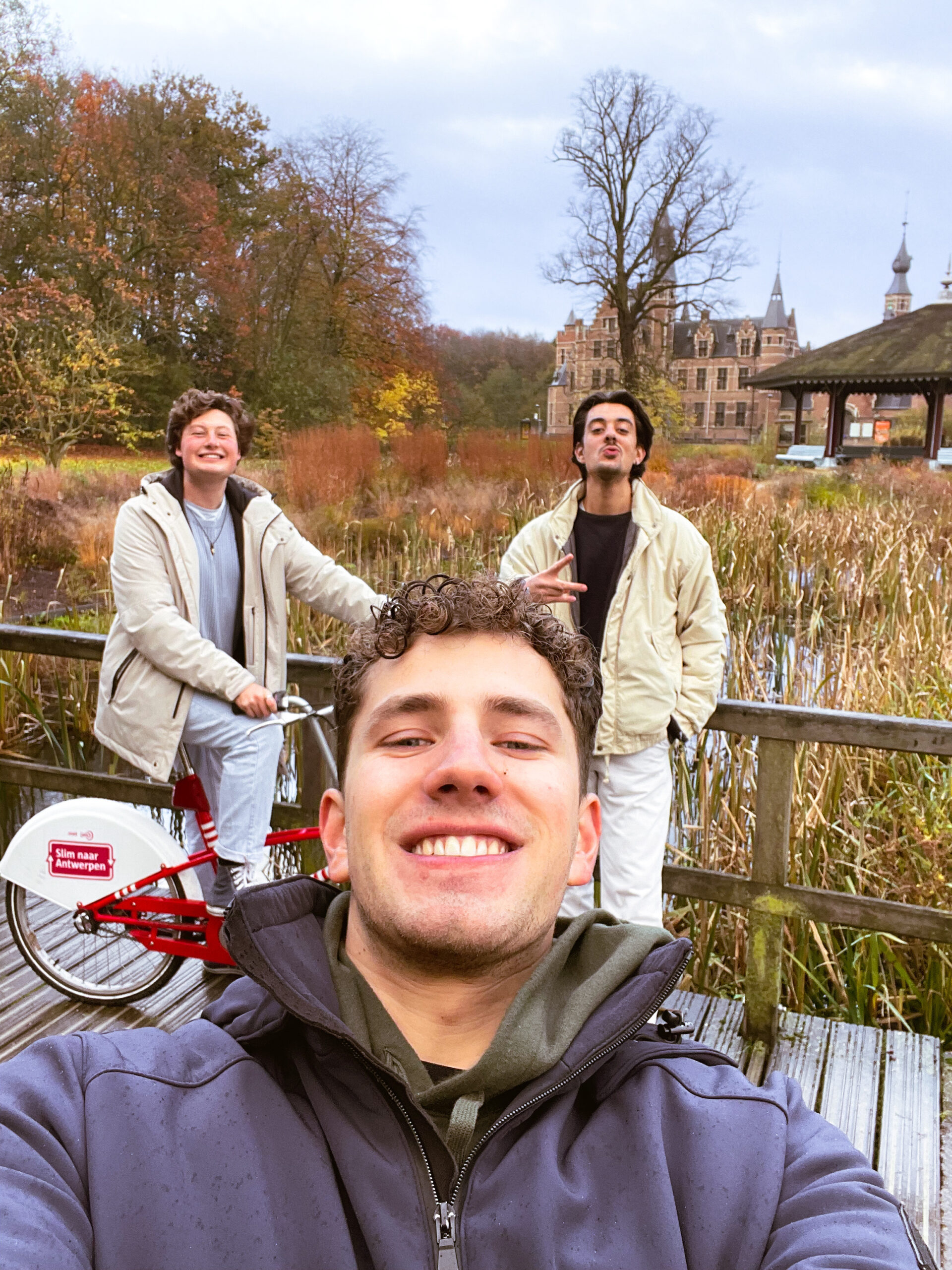 Pictures from Karl’s travels.
Pictures from Karl’s travels.